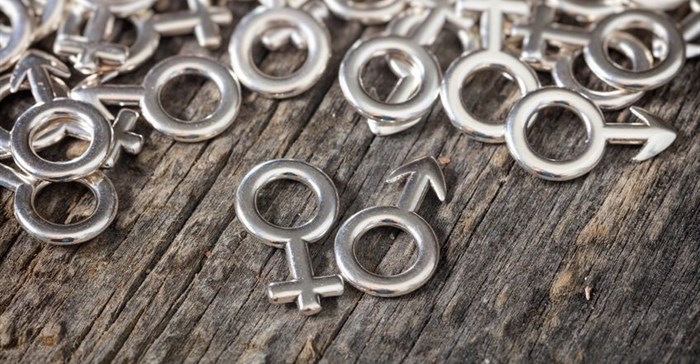
Related
Top stories






More news


Marketing & Media
Ads are coming to AI. Does that really have to be such a bad thing?














Speaking on the report, CEO for Havas Southern Africa, Lynn Madeley, said, “The report uncovers numerous tensions within consumers on gender issues and they bring us to an interesting place when we look at the place of women in society.”
She says an overwhelming number of people feel that women and men should be paid equally, yet almost half of the sampled consumers believe that women get paid less because of maternity and homemaking. And this is one example of many, where attitude reform towards gender equality is gradually happening.
“The attitude of people towards gender in advertising is interesting. People feel advertising is outdated and still leans on gender stereotyping. The ads are a reflection of where many brands and businesses are and there is an urgent need to step back, and along with marketing agency partners, figure out a way to catch up with audiences. It is time for brands to start creating the conversation around a more genderless society,’’ she says.
Some highlights from the report include:
Many denounce feminism, and yet it forms a significant part of their moral compass.
Only 1 in 5 people in South Africa consider themselves feminist. Between Prosumers and consumers, the difference is minimal – about 3%, meaning this is not about to change in the next 6 - 18 months. That being said, 91% of South Africans believe that women and men who do the same job should be paid the same. While the term ‘feminism’ has a bad reputation, some of its key provisions are well understood and have been coopted by South Africans.
Even with strides in mainstreaming gender equality, patriarchy still dominates.
According to the study, it is acceptable for women to aspire to be masculine but men should not aspire to be feminine. 45% of consumers believe that a man who wears make-up is not masculine enough while only 9% of consumers believe that women who do not wear make-up are not feminine enough. It is interesting to note that the weightings for these opinions are more from mainstream consumers than Prosumers at 51% and 11% respectively, meaning, that mainstream consumers in the near future will make in-roads and shift their attitudes on these matters.
People still conflate gender equality with sameness.
Globally, only around a third of men and a quarter of women believe that sexes are completely equal. In South Africa, 45% of men and 47% of women believe that gender equality will never exist because men and women are not equal. Biological differences come up as a reason why, with little to no accommodations being made globally to offset biological disadvantages that women face. There is room to engage people on the distinctions between the biological and the cultural (social) constructs related in relation to gender.
The idea of gender fluidity is favourable, but many parents still prefer to raise their children within gender constructs.
45% of South African consumers believe that gender is fluid, that everyone can be whatever they are. This is close to the global average of 48%. That being said, 56% of Prosumers worry that girls are becoming less feminine. The idea of gender neutrality and its promise of less prejudice and more equality is enough to garner favourability for gender fluidity but when it comes to the application of that concept in the home, consumers are more reluctant to follow through.
Advertising lags behind. People are over gender stereotyping. Sort of.
A majority of consumers feel that advertising lags behind in its portrayal of gender stereotypes in all advertising. 67% of South African Prosumers feel that TV commercials show too many outdated gender stereotypes – a much greater weighting compared to 53% global Prosumers and 48% Prosumers from Brics countries.
“While we are starting to see increasingly positive attitudes towards the idea of a genderless society, South Africa, like many other countries is wrestling tensions. On one hand, people understand and have completely coopted the overarching belief in gender equality as fair and just. On the other hand, people are still quizzical on how that plays out specifically in both the private and the public,” concluded Madeley.
“The Future Is FeMale” draws on findings from a survey of 12,168 men and women aged 18+ in 32 markets. The survey was created by Havas in partnership with Market Probe International. For more information or to download the report, click here. For a South Africa-specific deck, please contact az.oc.savah@olamuhk.yrral.
*Prosumers: Prosumers are today’s leading influencers and market drivers – and they have been a focus of Havas studies for more than a decade. Beyond their own economic impact, Prosumers are important because they influence the brand choices and consumption behaviours of others.